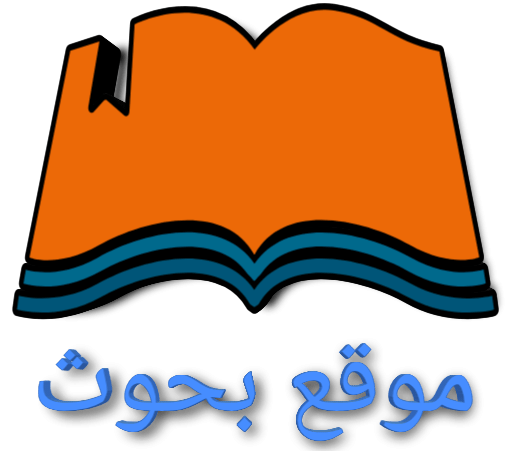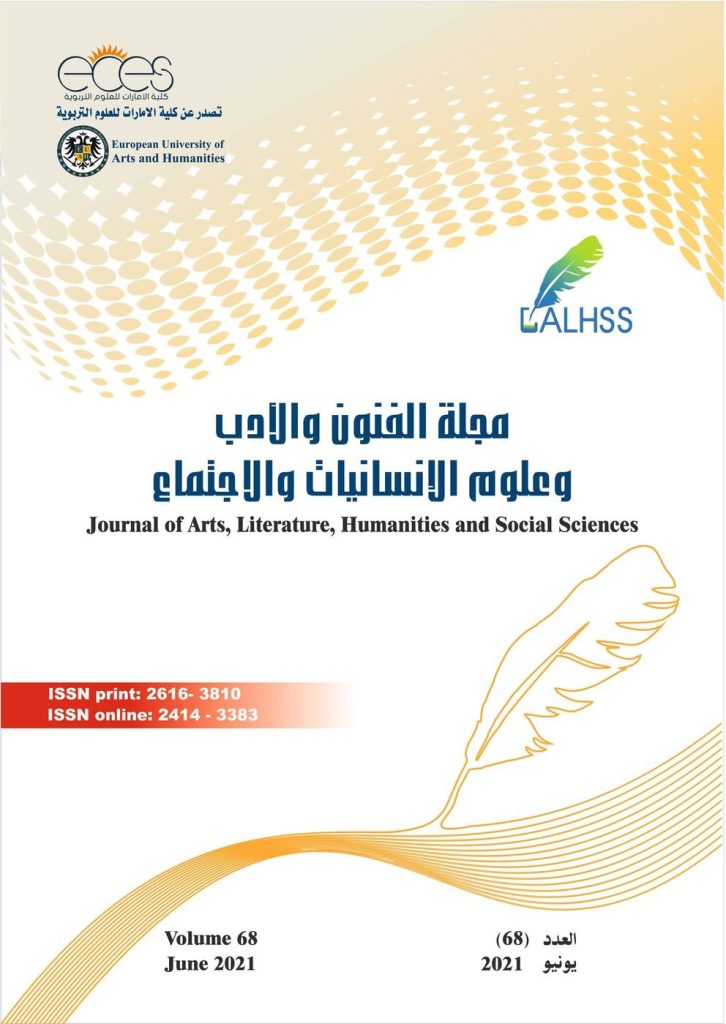
دور برنامج القيادة من أجل المستقبل في رفع كفايات الذكاء العاطفي لدى مديري مدارس وكالة الغوث بمحافظات غزة وسبل تطويره pdf
ملخص الدراسة:
Study aim: The study aimed to investigate the role of the Leadership for the Future Program in raising the competencies of emotional intelligence among the UNRWA school principals in the Gaza governorates and ways of its development. It also aimed at studying the significance of the differences in the means of the sample’s estimates of the role of Leadership for the Future Program in enhancing the competences of emotional intelligence among UNRWA school principals in Gaza Governorates according to variables of: (gender, academic qualification, major in the bachelor's degree, number of years of service). To achieve the aims of the study, the researcher adopted the descriptive analytical approach. Study population: The study population consisted of the UNRWA school principals in the Gaza governorates who were involved in the Leadership for the Future Program and whose number was (257) male and female principals. Study sample: The sample of the study consisted of (255) principals, who were selected through the survey method of the entire study population. Study tool: The researcher used the questionnaire as a study tool, which the researcher adapted from the Emotional Intelligence Scale developed by Othman and Rizq. The researcher tested the validity and reliability of the questionnaire by applying it on a pilot sample consisting of (30) principals. The researcher then used the Statistical Package for the Social Sciences (SPSS) to analyze the responses of the sample members. Study findings: The study concluded with several findings, the most important of which were as follows: - The overall percentage weight of the role of the Leadership for the Future Program in raising the competencies of emotional intelligence among the UNRWA school principals in the governorates of Gaza was (77.8%), which was significantly large. - The competencies of emotional intelligence were ranked in a descending order according to responses of the sample’s members. They were as follows: sympathy, social communication, emotional regulation, emotional knowledge, and emotional management. - There were no statistically significant differences at the significance level (α ≤ 0.05) between the means of the study sample of the role of the Leadership for the Future Program in raising the competencies of emotional intelligence among UNRWA school principals in the Gaza governorates attributed to the variables of (gender, the number of years of service). However, the field of social communication was an exception, as the results showed that there were statistically significant differences in favor of males. There were statistically significant differences attributed to the major variable (human sciences, natural sciences) for all the combined fields and the two fields of emotional management and emotional knowledge in favor of the major of human sciences, while there were no differences in all other fields. Study Recommendations: Based on the study findings, the researcher suggested a set of recommendations, the most important of which can be summarized as follows: - Maintaining the Leadership for the Future Program to ensure its continued implementation by principals, even after its termination - Providing schools with the necessary resources to carry out the program, to implement its activities more effectively, and to develop special training programs aiming at enhancing the competencies of emotional intelligence among school principals.
توثيق المرجعي (APA)
موسى, سوزان حسين عمر (2017). The Role of Leading for The Future Program In Raising The Emotional Intelligence Competencies of UNRWA Schools Principals in Gaza Governorates and Ways of Improving It. الجامعة الإسلامية - غزة. 17389
خصائص الدراسة
-
المؤلف
موسى, سوزان حسين عمر
-
سنة النشر
2017
-
الناشر:
الجامعة الإسلامية - غزة
-
المصدر:
المستودع الرقمي للجامعة الإسلامية بغزة
-
نوع المحتوى:
رسالة ماجستير
-
اللغة:
العربية
-
محكمة:
نعم
-
الدولة:
فلسطين
-
النص:
دراسة كاملة
-
نوع الملف:
pdf


